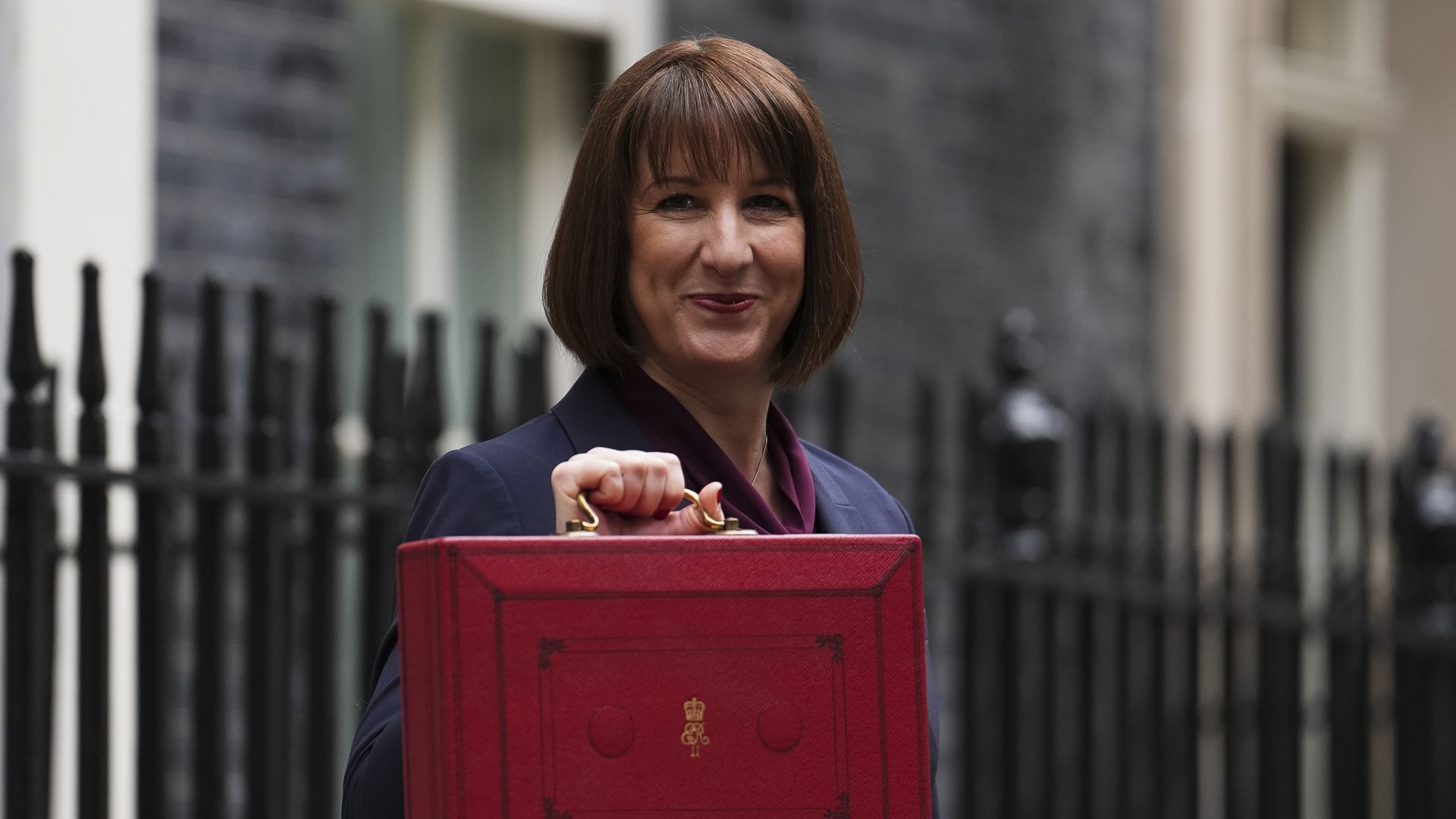“The ick”, “boop” and other informal modern terms are among the 3,200 new words and phrases that have been added to the Cambridge Dictionary.
Made prominent by its use on social media, “the ick” is defined as “a sudden feeling that you dislike someone or something or are no longer attracted to someone because of something they do”, while “boop” is “a gentle hit or touch on a person’s or animal’s nose or head, showing that you like them or as a joke”.
Other slang terms and definitions added include:
Chef’s kiss: A movement in which you put your fingers and thumb together, kiss them, then pull your hand away from your lips as a way of showing that you think that something or someone is perfect or excellent.
Face journey: A series of expressions that appear on someone’s face showing different emotions that they are experiencing as a reaction to something.
IYKYK – written abbreviation for “if you know you know”: Used, for example on social media and in text messages, to show that there is a shared joke or shared knowledge with the reader that other people might not understand.
This baby: Something such as a device, vehicle, or product, especially one that you approve of or find impressive in some way.
Go over to the dark side: To start to behave in a way that is evil or harmful.
Porch piracy: The act of stealing parcels that have been left outside people’s houses for them.
Gaming terms like “speedrun” – “to complete a computer game, or part of a computer game, as quickly as possible, especially by taking advantage of any glitches” – and “side quest” – “a part of a computer game that has its own aim and story but is not part of the main game” – have also been added.
Read more:
Cambridge Dictionary 2023 word of the year gained new meaning through AI
Beyonce added to new edition of French dictionary Le Petit Larousse
Colin McIntosh, Cambridge Dictionary programme manager, said: “These gaming-inspired words have also begun to influence how we talk about our offline lives, with speedrun and side quest also being used to mean ‘to complete something much faster than it is usually done’ and ‘an activity that is done in addition to another activity and is less important than it’, respectively.”
Lexicographers use the Cambridge English Corpus, an electronically stored collection of over 2 billion written and spoken English words, to gather evidence of how new words are being used by people in different scenarios in order to determine which new terms should be added to the dictionary.
Cambridge Dictionary’s publishing manager Wendalyn Nichols said: “Language is dynamic, changing right along with technology and culture.
Keep up with all the latest news from the UK and around the world by following Sky News
Be the first to get Breaking News
Install the Sky News app for free
“It’s fascinating, and a privilege, to monitor this change and to capture not just new words, but also new uses of existing words, in our monthly updates.
“Some new terms are added very quickly and others can take some time. We try to identify words and uses that have proven staying power, rather than adding ones that might be short-lived.”






